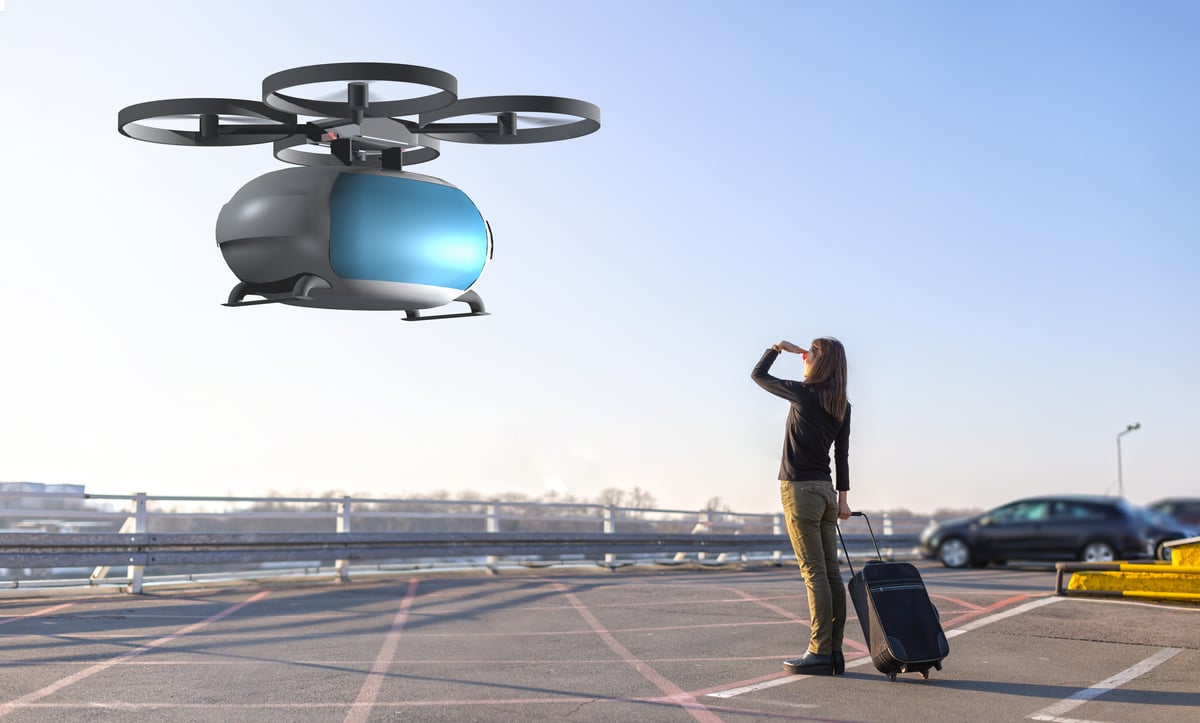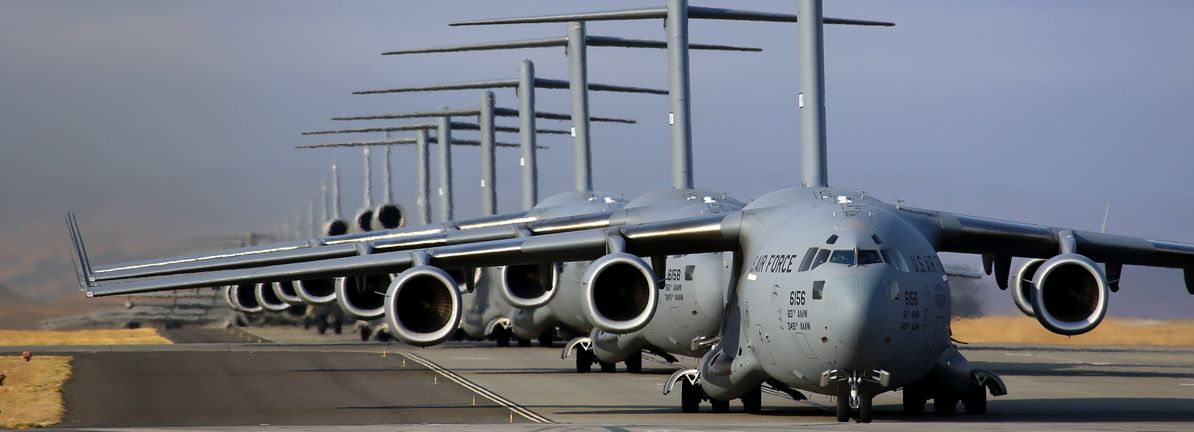JOBYJoby Aviation Inc
Company Overview
Name
52W High
52W Low
Market Cap
Dividend Yield
Price/earnings
P/E
Tags
Dividends
No dividend
Sentiment
Score
Bullish
73
Low
Neutral
High
0
50
100
Trade Volume
Score
Neutral
50
Low
Neutral
High
0
50
100
Income Statement
Total Revenue
Operating Revenue
Total Gross Profit
Total Operating Income
Net Income
EV to EBITDA
EV to Revenue
Price to Book value
Price to Earnings
Additional Data
Investment Securities Interest Income
Total Interest Income
Total Interest Expense
Net Interest Income / (Expense)
Net Realized & Unrealized Capital Gains on Investments
Other Non-Interest Income
Earnings History
Estimated EPS
Reported EPS
N/ACompany Overview
Name
52W High
52W Low
Market Cap
Dividend Yield
Price/earnings
P/E
Tags
Dividends
No dividend
Sentiment
Score
Bullish
73
Low
Neutral
High
0
50
100
Trade Volume
Score
Neutral
50
Low
Neutral
High
0
50
100
Income Statement
Total Revenue
Operating Revenue
Total Gross Profit
Total Operating Income
Net Income
EV to EBITDA
EV to Revenue
Price to Book value
Price to Earnings
Additional Data
Investment Securities Interest Income
Total Interest Income
Total Interest Expense
Net Interest Income / (Expense)
Net Realized & Unrealized Capital Gains on Investments
Other Non-Interest Income
Earnings History
Estimated EPS
Reported EPS
N/AUpcoming Earnings
Company Info
CEO
JoeBen Bevirt
Location
California, USA
Exchange
NYSE
Website
https://jobyaviation.com
Summary
Joby Aviation, Inc.
Company Info
CEO
JoeBen Bevirt
Location
California, USA
Exchange
NYSE
Website
https://jobyaviation.com
Summary
Joby Aviation, Inc.
Community Research
Research from investors like you
Be the first to share your analysis on JOBY
Help fellow investors make informed decisions by sharing your research on fundamentals, catalysts, and outlook.
Symbol's posts
Which of these stocks are expected to have breakout year in 2026-27
Which of these stocks are expected to have breakout year in 2026-27
Which of these stocks are at inflection point with breakthrough in technology, scaling operations, expanding revenue and finally becoming viable long term story.
And which will likely end as its do or die year for them and likely to die.
1.
2.
3.
4.
5.
6.
7.
8.
9.
10.
11.
12.
13.
14.
15.
16.
17.
18.
19.
20.
Archer Aviation vs Rocket Lab outlook
Archer Aviation vs Rocket Lab outlook

www.fool.com
| Forget Archer Aviation: This Explosive Space Stock Is a Smarter Shot at Life-Changing Gains | The Motley Fool
EVTL’s New eVTOL Might Be the Underrated Play of the Year
EVTL’s New eVTOL Might Be the Underrated Play of the Year
just rolled out its new eVTOL aircraft, Valo, and it honestly feels like a big upgrade from their earlier VX4 prototype. It’s built to fly around 100 miles, reach about 150 mph, and do it with zero emissions. They’ve teamed up with solid partners like Honeywell, Syensqo, and Aciturri, and they’re aiming for 2028 certification with early airport-to-city routes.
What caught my eye is the valuation. is trading way cheaper than other eVTOL players like , , and Beta (not public yet). Could be one of those overlooked early picks.
Archer Aviation update: $6B backlog but FAA certification remains the bottleneck
Archer Aviation update: $6B backlog but FAA certification remains the bottleneck

www.fool.com
| Archer Aviation's FAA Certification Progress -- What Investors Need to Know Now | The Motley Fool
Joby Aviation Surges 125% After Successful eVTOL Flight, Outpacing Airlines
Joby Aviation Surges 125% After Successful eVTOL Flight, Outpacing Airlines

finance.yahoo.com
| Joby Aviation (JOBY) Achieves Historic eVTOL Flight Between Public Airports in FAA-Controlled Airspace
Joby Aviation Drops 9% After Analyst Downgrades Despite 110% YTD Gains
Joby Aviation Drops 9% After Analyst Downgrades Despite 110% YTD Gains

finance.yahoo.com
| Joby Aviation Plummeted Today -- Is the Stock a Buy Right Now?
Archer Aviation faces shareholder lawsuit as Stellantis posts major loss
Archer Aviation faces shareholder lawsuit as Stellantis posts major loss

www.fool.com
| Why Archer Aviation Stock Plummeted Today | The Motley Fool
No more topics to show










